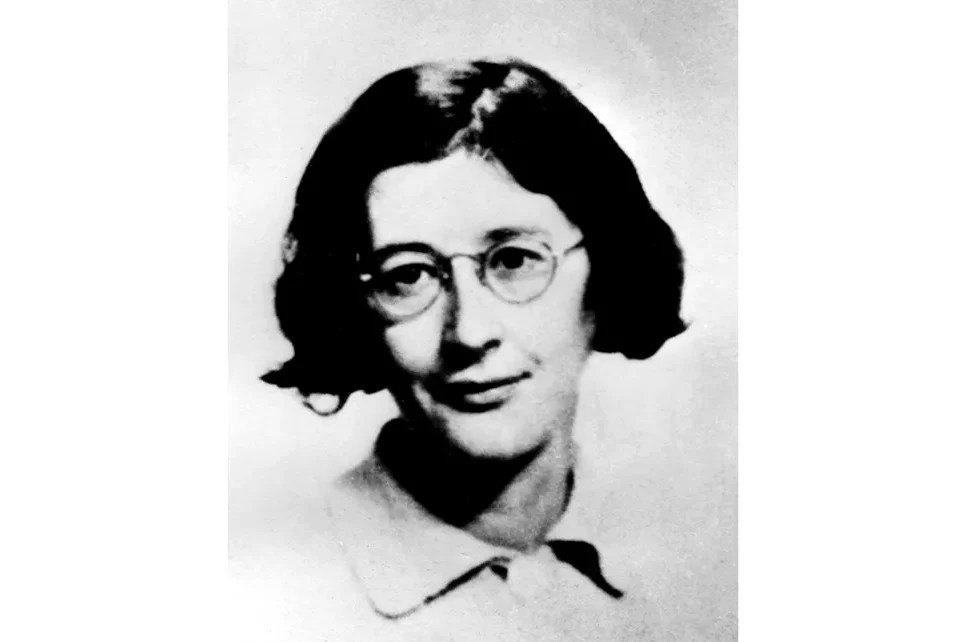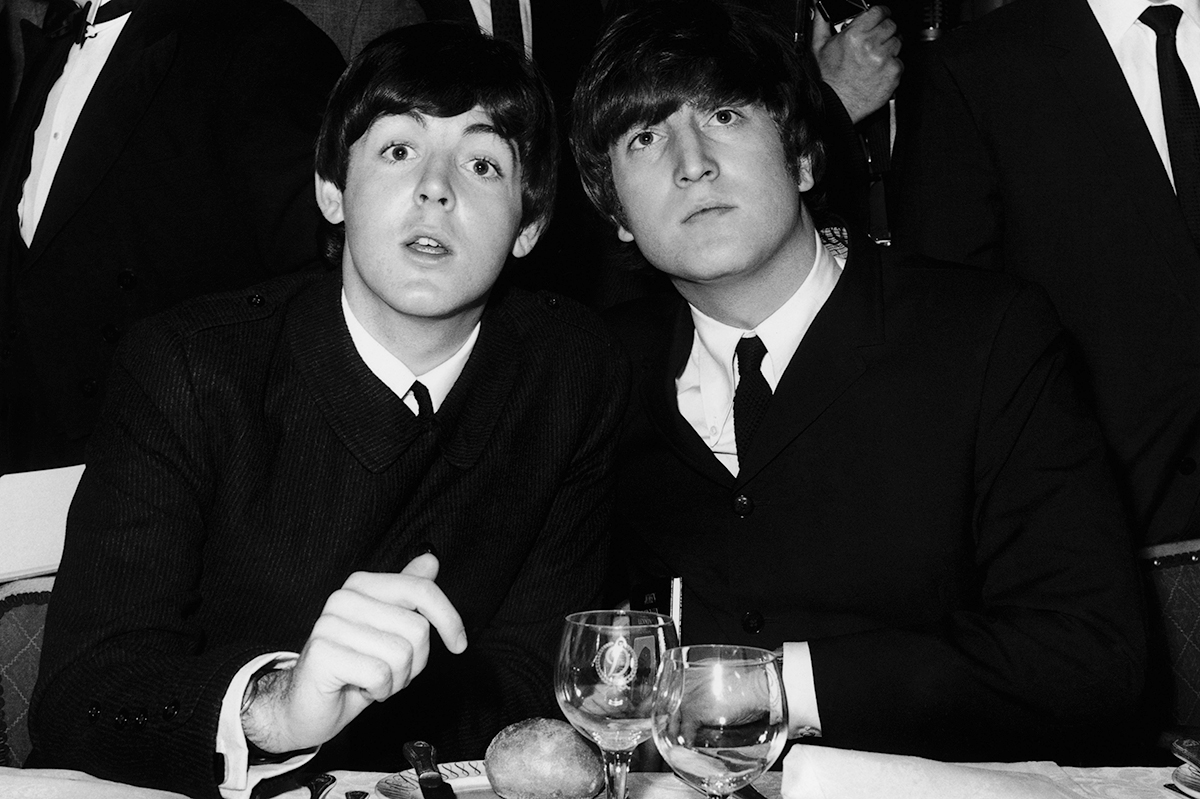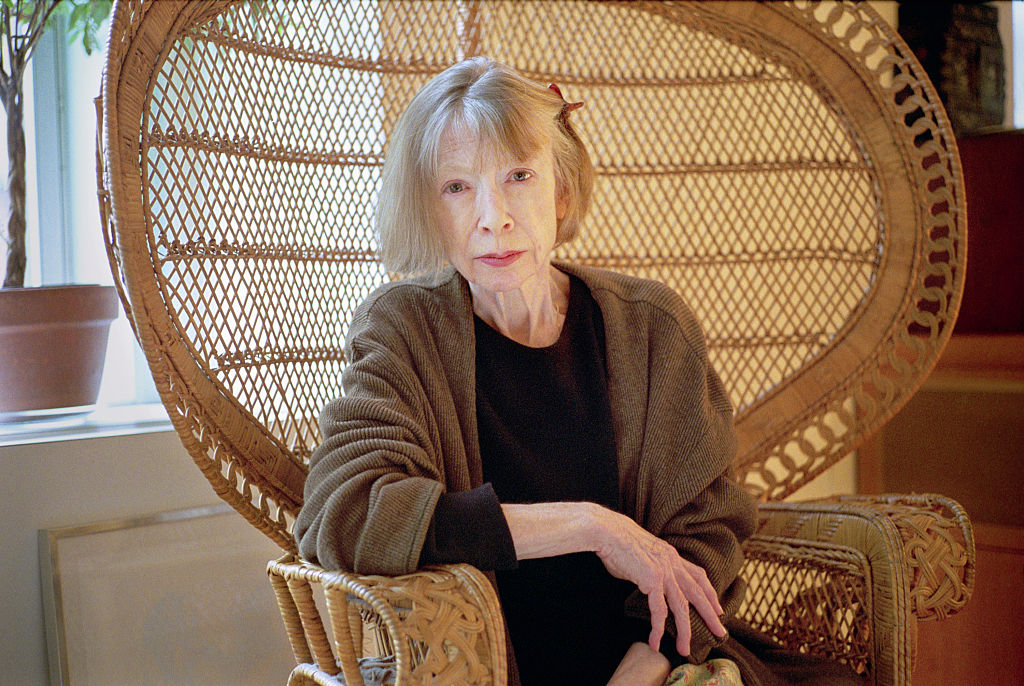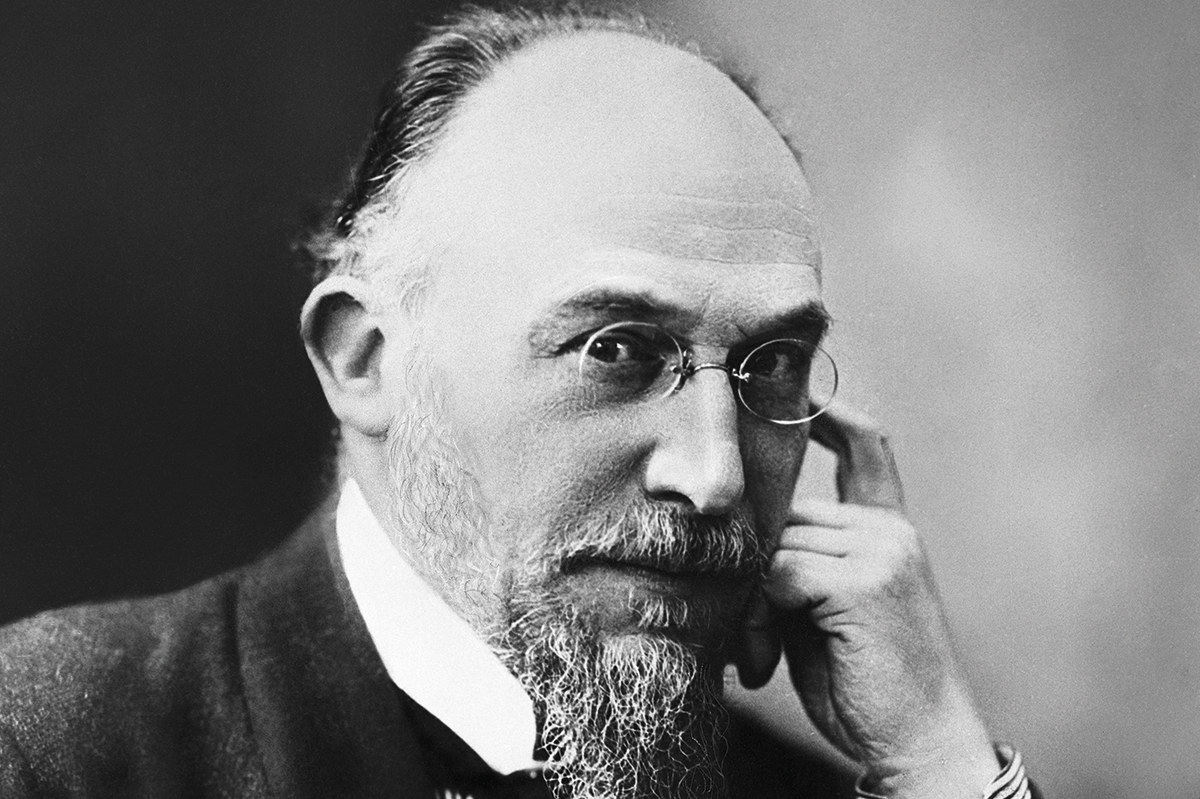May you live in interesting times. The jury is still out on whether that sentiment is a blessing or a curse. There can be no doubt, though, that the heroines of Wolfram Eilenberger’s new book lived in interesting times and then some. Ayn Rand fled the Russian Revolution; Hannah Arendt fled the Nazis; Simone Weil took part in the French general strike of 1933 and fought for the Republicans in the Spanish Civil War; Simone de Beauvoir went to bed with Jean-Paul Sartre.
Eilenberger calls his foursome The Visionaries. It’s an odd title, but then so was the one he gave his previous book, Time of the Magicians. There is no more magic in the philosophy of Ernst Cassirer and Ludwig Wittgenstein than there is anything visionary about the thinking of these women. They were all materialists of varying hard-headedness. Though her sex life was a tragedy played out as French farce, Beauvoir was a Marxian feminist. Rand was a rationalist who thought selfishness a virtue. Arendt was so down to earth she considered Descartes’ famous dictum “I think, therefore I am” fantastical. Only Weil, who forsook philosophy for a kind of saintly socialist mysticism, really counts as a visionary. During World War Two, Eilenberger tells us, she fancied feeding the poor by “transforming her body and soul into potatoes” — fine words that, as usual, buttered no parsnips.
A disparate lot, then, and a dispersed one. Though Beauvoir and Weil both studied at the École Normale Supérieure, they met only once. Otherwise, Eilenberger’s heroines had nothing to do with one another; but even had they been best buddies they’d never have agreed on anything. Nothing daunted, he seeks to make a group of them by showing how each “experienced themselves as having been placed fundamentally differently in the world from how other people had been.”
If that sounds clumsy (very clumsy, given that it was rendered into English by the veteran translator Shaun Whiteside), it’s because The Visionaries is all over the place. As a jump-cut sequence of potted biographies of four very different female intellectuals living through the global nervous breakdown of the twentieth century, the book has something to be said for it. As an account of how the world going mad impacted on the ideas and beliefs of those women, it never starts to make sense. I doubt if anyone after reading it would be able to outline Arendt’s theory of totalitarianism, let alone Beauvoir’s existential ethics.
To be fair, Rand’s philosophy can be explained by a child of six. That’s because what she believed was essentially what children believe: that the world revolves around them, and will do their bidding if only they scream loudly enough. Rand, who insisted her first name should be pronounced “as the letter ‘I’ with an ‘n’ added to it” (“I to the power of n,” says Eilenberger, sharpening his claws), claimed her objectivist epistemology was “a defense of egoism.” In fact it is a war cry for the id — impulsive, aggressive, heedless, vicious. Having started out as a novelist and screenwriter, Rand was no more equipped for systematic thought than Gary Cooper, who played the hero in the movie of her libertarian fantasy The Fountainhead, was for playing a dwarf.
Despite her notorious student-swapping sex games with Sartre, Beauvoir was an altogether more serious figure. Torn between the anonymity of the Hegelian dialectic and the individualist authenticity of Heidegger, it was she, Eilenberger says, not Sartre, who reconciled existentialism and humanism. While Sartre was counseling his pals in the Resistance that thought was the equivalent of action, Beauvoir had seen through the straw-man Cartesianism of Being and Nothingness and maintained that individual freedom is worthless. Only universal, reciprocal freedom counts. Right on, sister — though Eilenberger is wrong to take Sartre out of the equation. As Kate Kirkpatrick argues in her recent critical biography Becoming Beauvoir, given that outside the bedroom Beauvoir and Sartre did nothing but talk philosophy, there is no way of knowing who said what first.
Except, of course, that it was Nietzsche who said everything first. Though Eilenberger never mentions him, Nietzsche’s dabs are all over The Visionaries. His influence on Rand’s superman sophistry is too obvious to discuss, but he was the founding father of the existentialist isolationism that so thrilled the young Beauvoir. And while Arendt loathed Nietzsche’s Promethean dreaming, her most famous idea, “the banality of evil,” is an echo of his insistence on the weakness of the masses. Even Weil, I was stunned to learn, came to see the Christianity she lived for as a very Nietzschean “religion for slaves.”
As for Eilenberger, he surely believes with Nietzsche that art is the only justification for life. Though his book offers little by way of coherent argument, it works wonderfully as a page-turner. Wittgenstein warned philosophers against being seduced by language. Eilenberger, who is a founding editor of the German magazine Philosophie and a host on the popularizing Sternstunde Philosophie TV show, has been seduced by narrative. Even at his most confusing you stay with him. I don’t for a moment believe, as The Visionaries’s subtitle has it, that Arendt and co were “the Salvation of Philosophy.” But Wolfram Eilenberger might be.
This article was originally published in The Spectator’s UK magazine. Subscribe to the World edition here.

























